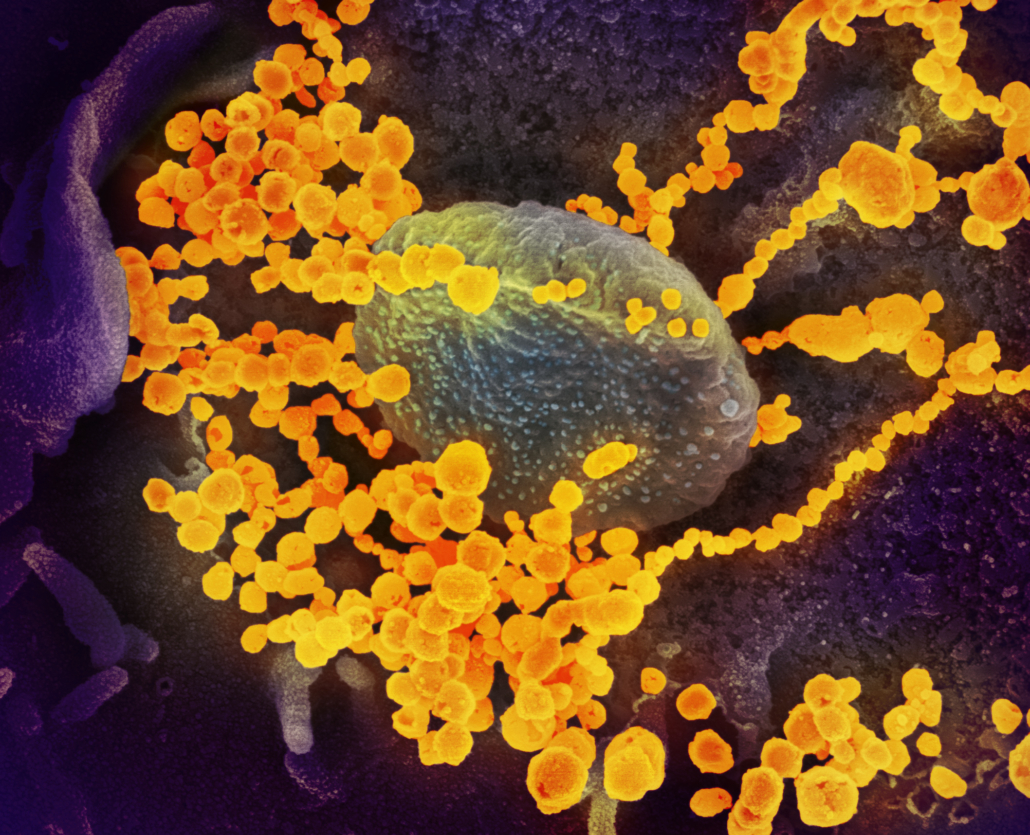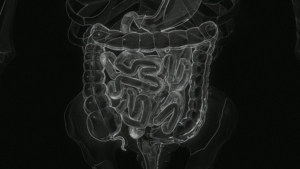
B.1.1.7 variant associated with higher mortality
The B.1.1.7 variant of SARS-CoV-2, which was first identified in the UK, may be associated with an increased risk of death, a Nature study suggests.
Previous reports from British autorities that suggested a 30 to 100% higher mortality of B.1.1.7 than of the previously dominant form in Europe are now confirmed by peer-reviewed data. The findings may have implications for the future of the SARS-CoV-2 pandemic and efforts to curtail it.
The B.1.1.7 variant, which has spread to more than 60 countries worldwide had previously been suggested to be 60% more contagious than pre-existing variants. Nicholas Davies and colleagues analysed a database of 2,245,263 positive SARS-CoV-2 community test results and 17,452 COVID-19 deaths in England from 1 September 2020 to 14 February 2021. For 1,146,534 of the community tests (51%), the presence or absence of the B.1.1.7 variant can be identified owing to mutations in the spike gene of this variant, which produce a negative result for this gene in certain diagnostic tests for SARS-CoV-2 (known as a spike gene target failure). Using data from 4,945 deaths, the authors estimate that in tests that resulted in a spike gene target failure, the risk of death was 55% higher than that for people infected with other pre-existing variants when adjusted for several factors including age, sex and ethnicity.
This corresponds to an absolute risk of death for a male aged 55 to 69 increasing from 0.6% to 0.9% over the 28 days after a positive test. The authors note that some other circulating SARS-CoV-2 lineages could also cause a spike gene target failure in tests. Thus, they used a modelling approach to correct for misclassification of the potential variants, and estimate that there was a 61% higher risk of death associated with the B.1.1.7 variant.
"Good" results from a Phase II trial with an broad-spectrum virostatic developed by Ridgeback Biotherapeutics and MSD, however, point to a high coronavirus-neutralising activity of the tautomeric nucleoside analogon molnupiravir ( code-named MK-4482 or EIDD-2801), which integrates the synthetic nucleoside analogon N4 hydroxycytidine in the growing mRNA chain. However, the study results did not mention the primary safety endpoint. Due to its mutagenic potential the antiviral is active against mutiple viral strains and even resistant against coronavirus variants. However its safety has been questioned during the application for BARDA funding.



 Unsplash+
Unsplash+